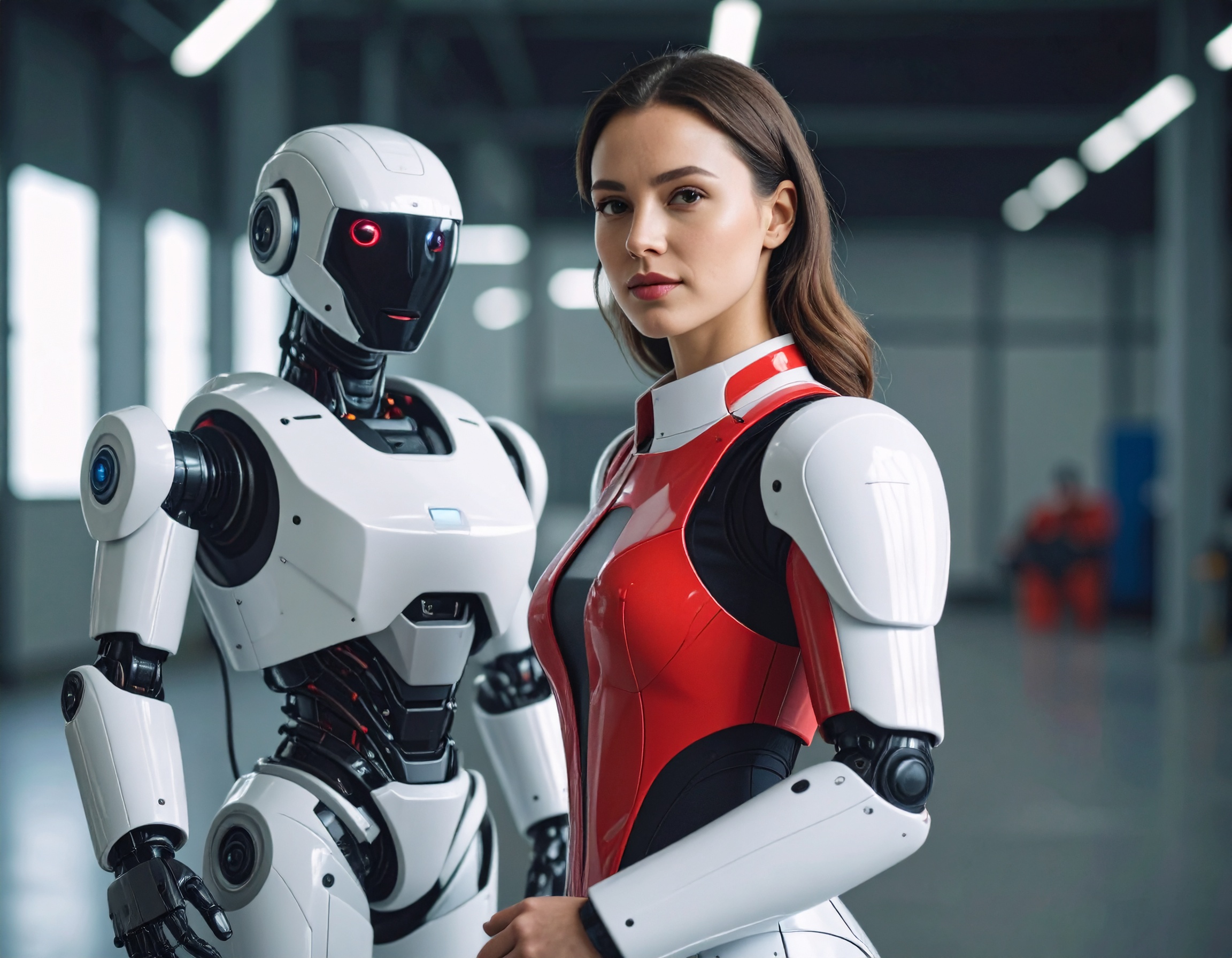The Future of Automation: Robots Learn Like Humans Through Self-Awareness

A Game-Changing Breakthrough in Robotics
In a remarkable leap forward for robotics, researchers have revealed that robots can now learn in a way that closely mirrors human learning. This new development, announced on February 27, 2025, marks a significant step in the evolution of Intelligent Agents, or robots, which can now improve their performance by gaining self-awareness. This shift has profound implications for various industries that rely on automation.

A Milestone in Robot Learning
The core discovery in this research is the ability of robots to become self-aware. Unlike traditional robots that follow rigid programming, these robots can evaluate their actions, recognize mistakes, and adjust their behavior accordingly. This learning process, similar to how humans learn from experience, allows them to adapt to changing conditions and improve over time. The development of such self-aware Non-Human Workers is poised to redefine what robots can accomplish, from basic tasks to complex problem-solving.
Digital Employees on the Rise
The potential impact of this advancement is enormous. With robots capable of learning independently, industries ranging from manufacturing to healthcare will see increased efficiency and cost-effectiveness. These Digital Employees can handle repetitive tasks without constant oversight and continuously improve their abilities. This self-improvement capacity enables robots to take on more complex roles, contributing to greater productivity and innovation in various sectors.

What This Means for the Future
As this technology advances, the landscape of work is likely to change dramatically. Self-aware robots could play a central role in numerous fields, assisting human workers and handling tasks that were once thought to require human intelligence. While the rise of Non-Human Workers raises important questions about the future of employment, it also offers an exciting glimpse into a future where robots work alongside humans in a more seamless and efficient manner.
The Next Frontier of Robotics
The ability of robots to learn through self-awareness represents a pivotal moment in the development of Artificial Intelligence and automation. As Intelligent Agents become more autonomous and capable of learning independently, we may be on the brink of a revolution in the way industries operate and how humans interact with machines. The future is quickly unfolding, and this breakthrough is just the beginning of what promises to be a transformative era.

Key Highlights:
- Self-Awareness in Robots: Researchers have discovered that robots can now develop self-awareness, allowing them to evaluate and adjust their actions based on past experiences, similar to human learning.
- Autonomous Learning: Unlike traditional robots, which rely on pre-programmed instructions, these robots can independently improve their performance by recognizing mistakes and correcting them on their own.
- Impact on Industries: The development of self-aware robots (Non-Human Workers) has the potential to revolutionize industries such as manufacturing, healthcare, and logistics by increasing efficiency, reducing costs, and improving the quality of work.
- Rise of Digital Employees: The ability of robots to continuously learn and adapt positions them to take on more complex tasks, enhancing their role as Digital Employees capable of working alongside human workers.
- Future Workforce Changes: This breakthrough signals a shift toward a more automated workforce, where robots and humans can collaborate seamlessly, raising both opportunities and questions about the future of employment.
Reference:
https://www.earth.com/news/robots-can-now-learn-like-humans-using-self-awareness/


